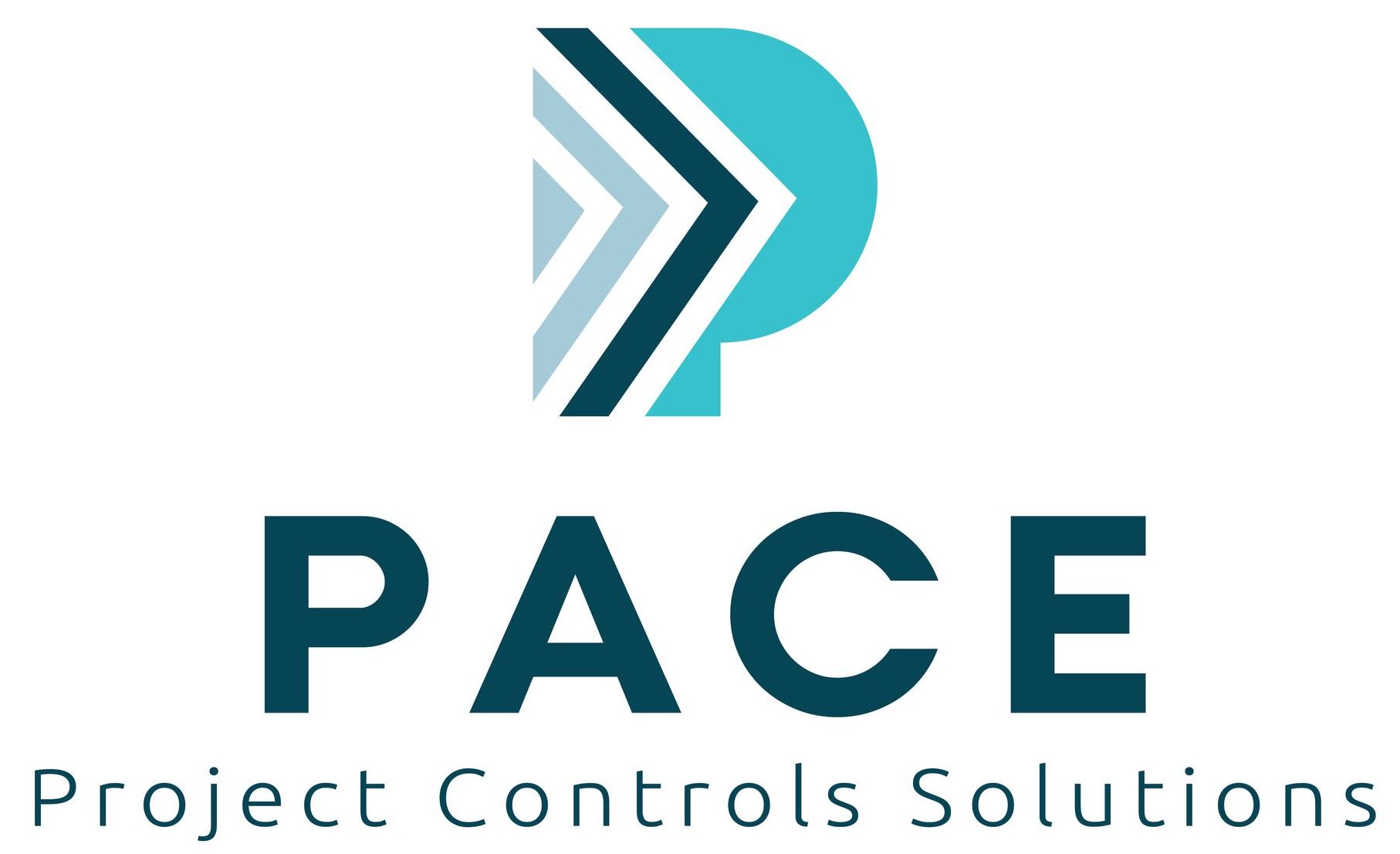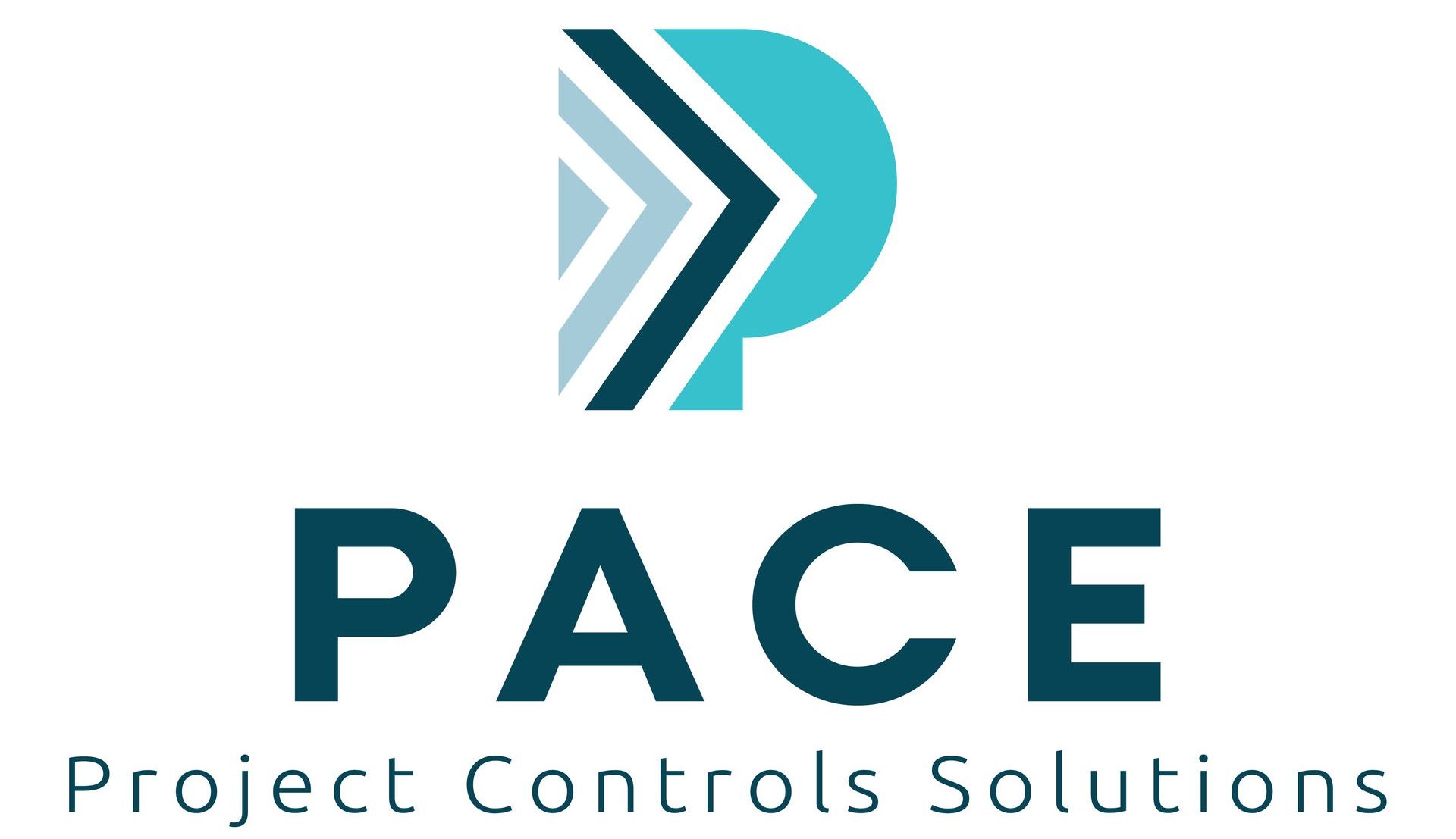Show me the money in scheduling!
The Question
Suppose you are mentoring a Junior Scheduler who wants to earn $200K a year. What would you do to make this person’s dream a reality?
Key Takeaways
Creating a Strategic Pathway: The One-Two-Four Plan Micah emphasizes the importance of creating a career progression plan. The plan should be broken down into manageable timeframes: one year, two and a half years, and four years. The junior scheduler should have specific goals and actions for each phase. Using this approach not only provides clarity, but it also enables tracking progress and making adjustments as needed.
Serendipitous Skills: The Power of Complementary Expertise Highlighting the value of unique and serendipitous skills, Micah encourages junior schedulers to acquire programming skills, such as SQL, Power BI, Tableau, or even more advanced languages like Python. A scheduler’s ability to work with large data sets and perform advanced analytics can greatly enhance their impact. In the job market, it is important to have skills that set you apart from the crowd.
Performance in Interviews: The Art of Effective Communication Mastering interview performance is crucial. Micah emphasizes the importance of articulating your expertise and experience effectively in addition to having strong technical skills. He recommends practicing responses to common scheduling interview questions and conducting mock interviews with peers or mentors. Rehearsing your responses can greatly improve your chances of landing high-paying jobs during the interview.
Explore
Quick Links
Join Us
Join Us
Thank you for subscribing.
We will keep you up to date with latest news and updates from Pace Global.
You can unsubscribe at any time via email to info@paceglobal.org or from our emails directly.
Please try again later.
Join Us
We will get back to you as soon as possible.
Please try again later.
© 2024 All Rights Reserved | Privacy Policy
Powered with
by Shazamme.com
Powered with
by Shazamme.com

